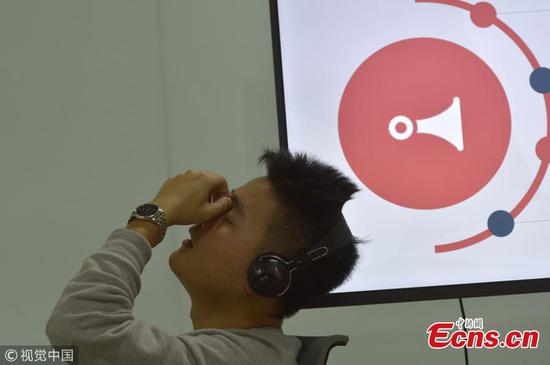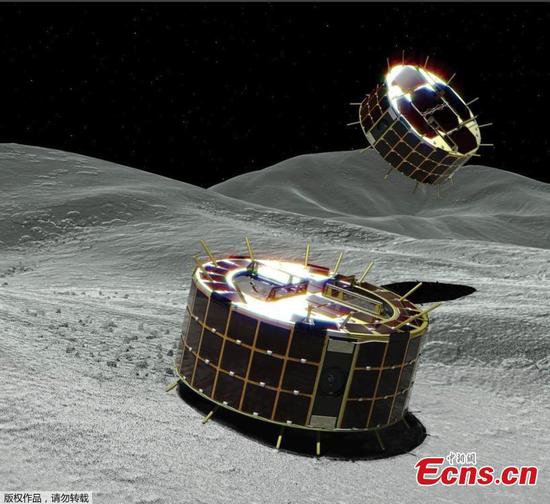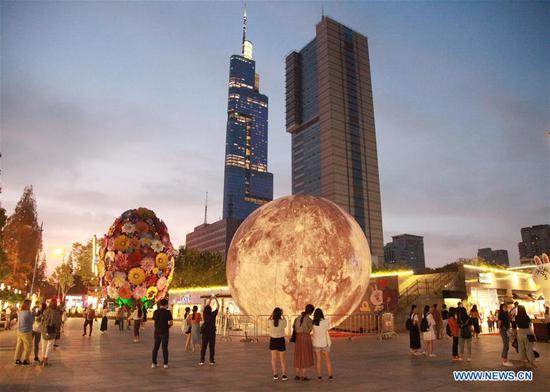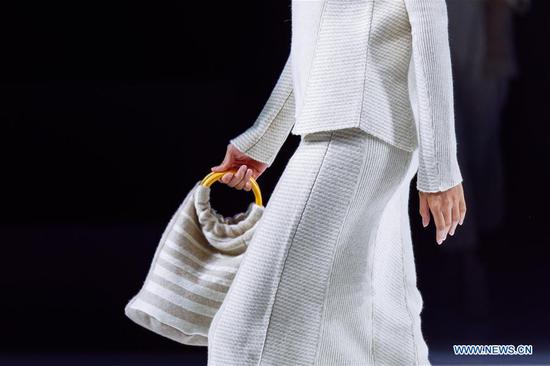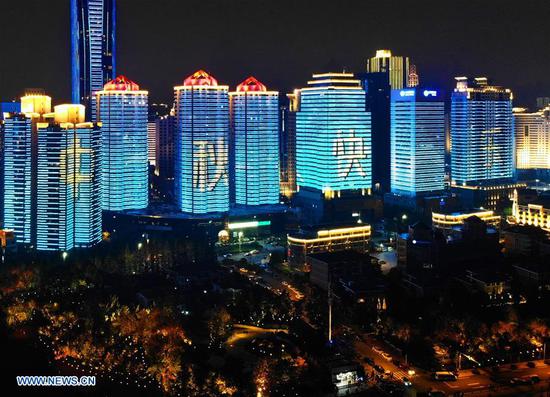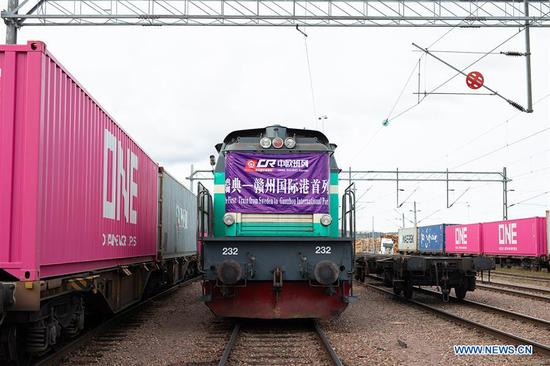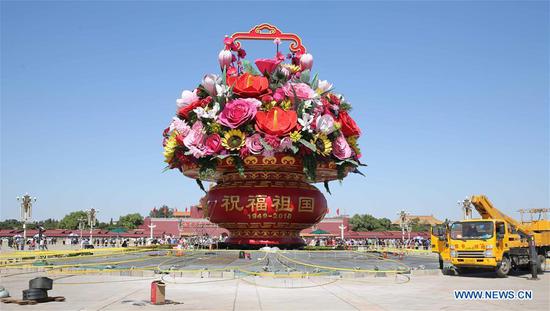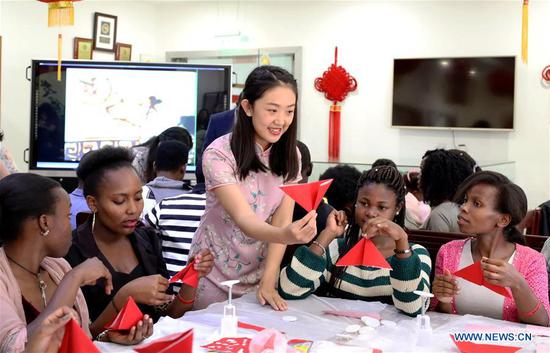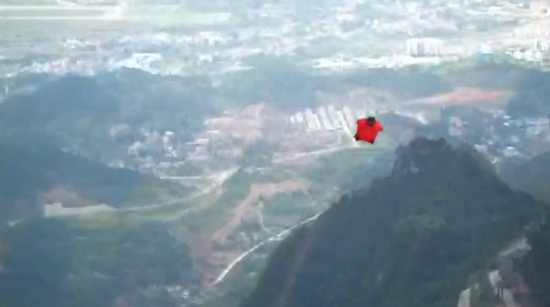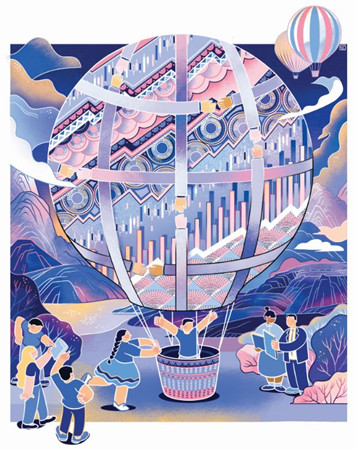
(Photo by Song Chen/China Daily)
Wang, however, does not believe it is just the U.S. that is undermining the global trading order with there now being a sense of the developed world as a whole, including the European Union, wanting to act in its own interests.
"The U.S. and EU are trying to talk about a zero tariff agreement. Both Japan and Canada have reached free trade agreements with the EU. It looks-particularly from China's and other emerging nations' perspectives-that the developed world is trying to create some sort of alliance of its own," he said.
"This is very unwise because the emerging market countries will provide the growth engine for the world economy over the next three or four decades."
Stephen Roach, senior fellow at Yale University's Jackson Institute for Global Affairs and author of Unbalanced: The Codependency of America and China, said that despite Trump's threat to pull out of the WTO, he does not believe this signals "a major move in the pendulum against a rules-based trade order."
"I do not see the United States in large part abdicating its global leadership role," he said.
"What I think the Trump administration is all about is maintaining leadership but on different terms than have been evident over the past 10 years."
Kerry Brown, director of the Lau Institute at King's College London, said that to understand the current trade situation it could be important to reflect on the writings of Carl von Clausewitz, the Prussian military strategist.
"Clausewitz said in his great treatise on war that if the battlefield is dominated by confusion then things are often not what they really look like. I actually don't think the U.S. is walking away from the WTO. It is just creating an enormous amount of faff just to get what it sees as a fairer deal. It may be as a result that China has to recalibrate the way it does trade with the world."
Rana Mitter, director of the University of Oxford China Centre, said the U.S. stance does not make a great deal of sense, since it has largely benefited from the current system.
"It is not logical because the United States is the country that has done the best out of the global international order over the past 70 years or so. It may have many flaws but it seems essentially to produce stability and prosperity, and to turn against does not quite add up.
"I don't think it is strange either that China is now such a defender of the current system. China's impressive development over recent years has partly been a result of it incorporating itself into that order, particularly since joining the WTO."
One of the major questions is to what extent the Bretton Woods system is now under threat from the trade dispute.
Roach, also a former chairman of Morgan Stanley Asia as well as its chief economist, said the world could descend into a very dark place if this is the case.
"What we are seeing now is skirmishes but if we get into a full-blown trade war then you can conjure up all sorts of draconian scenarios. What is not clear to me is what would emerge to replace it, if anything. The world might be a very fragmented and disorderly place for a while."
Brown, also author of the just-published China's Dream, believes the direction of travel of a new global order will not be one that favors the U.S. more, but one that accommodates China's rise as a major economic power.
"China eventually will want more of its own space. It has set up the AIIB (Asian Infrastructure Investment Bank), launched the Belt and Road Initiative and set up the Shanghai Cooperation Organization. These are setting out the stall for allowing it more space. It will be just a reflection that China is such a huge economy. There is clearly going to be some growing pains over this change."
Mitter, at Oxford University, said the Bretton Woods system has been tested before, not least in 1971 when President Richard Nixon ended the direct convertibility of the U.S. dollar into gold, which had been the mainstay of the former system.
"The classic Bretton Woods system was blown up rather suddenly by Nixon at the same time as he was opening up to China. So it is not the first time the system has faced challenges," he said.
"Currency is still key to the global order. Until China or any other international actor has an internationally tradable currency that is seen as safe and stable across the entire financial and trading world, then it is very difficult to see who could take that rapprochement role the United States currently has in being at the center of the global order."

















